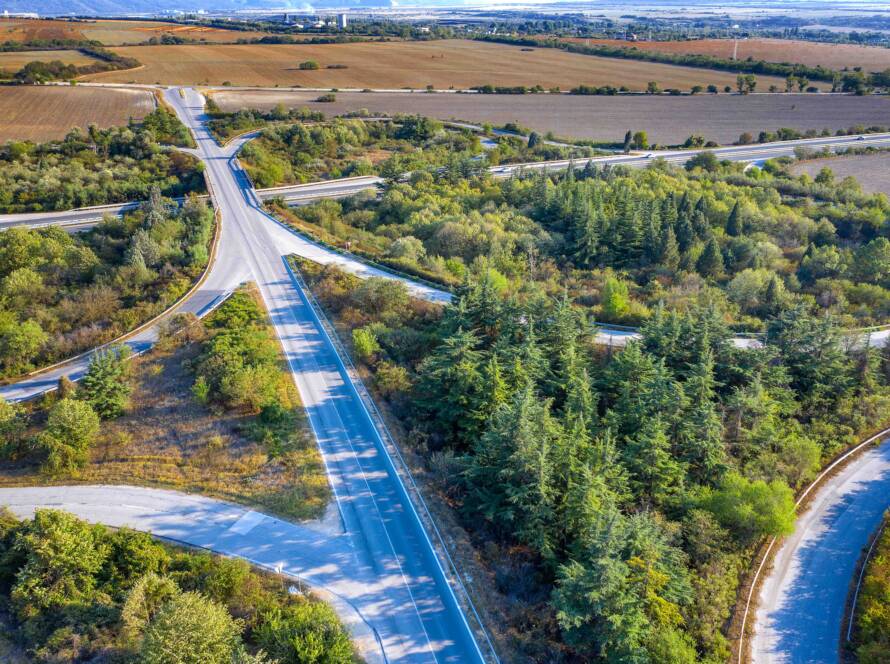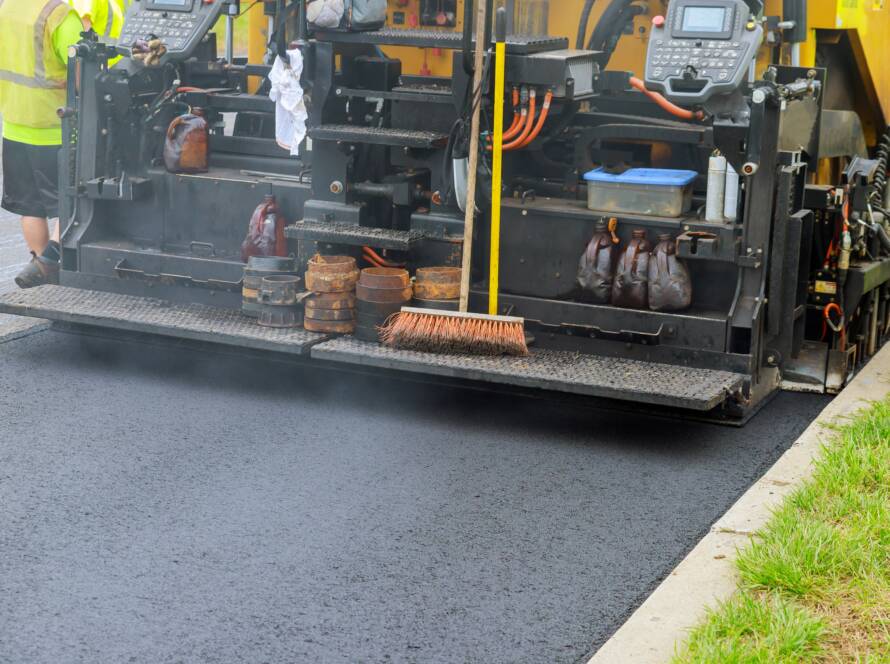When it comes to maintaining roads, driveways, and car parks, one of the most common questions property managers and councils face is whether resurfacing will be enough or if a full reconstruction is required. Both approaches can improve safety, extend the life of your surface, and enhance kerb appeal—but the choice depends on the current condition of your surface and long-term goals.
At Total Surfacing Solutions, our team of expert commercial surfacing contractors in Hertfordshire works with councils, schools, businesses, and homeowners to determine the right approach. Let’s explore the key differences between resurfacing and reconstruction, and how to know which option is best for your road.
What Is Road Resurfacing?
Resurfacing is a cost-effective method that involves laying a new layer of asphalt or tarmac over the existing surface. It is often used for roads, car parks, and tarmac driveways in Hertfordshire that have minor surface wear but remain structurally sound.
Benefits of Resurfacing
- Cost-efficient: Less expensive than reconstruction.
- Fast installation: Minimal disruption to traffic or access.
- Improved appearance: Restores a smooth, black finish.
- Extended lifespan: Adds 8–15 years of service if the base is stable.
Resurfacing is ideal when cracks, potholes, or uneven surfaces start appearing but the underlying foundation is intact. Our machine lay tarmac service ensures an even, durable finish perfect for car parks, pathways, and public roads.
What Is Full Road Reconstruction?
Full reconstruction goes beyond the surface and replaces the entire pavement structure, including the base layers. This is necessary when the road or driveway has severe structural damage that resurfacing cannot repair.
Signs You Need Reconstruction
- Frequent potholes and cracks despite recent repairs
- Severe water damage or drainage issues
- Sunken or unstable sections of road
- Lifespan of surface has fully expired
While full reconstruction is more expensive and time-consuming than resurfacing, it ensures long-term durability and safety. For high-traffic areas such as car park tarmac services in Hertfordshire, reconstruction may be the only reliable option.
How to Decide Between Resurfacing and Reconstruction
Choosing the right solution requires a professional inspection to assess both the surface condition and the underlying base. Our experienced team considers:
- Extent of surface damage: Are cracks just on the surface or deeper?
- Usage level: Heavy vehicles may require stronger foundations.
- Drainage and water issues: Poor drainage often means reconstruction.
- Budget and timeline: Resurfacing is quicker, while reconstruction offers a longer-term fix.
For residential clients, a resurfaced tarmac driveway in Hertfordshire may be enough to restore appearance and durability. For councils and commercial clients, full reconstruction of roads or tarmac pathways in Hertfordshire may be necessary to meet safety standards.
Why Choose Total Surfacing Solutions?
At Total Surfacing Solutions, we provide both resurfacing and full reconstruction services across Hertfordshire, Essex, and London. With decades of experience, our fully insured team delivers safe, professional, and long-lasting results for every project.
You can view our recent portfolio to see how we’ve transformed residential driveways, school car parks, and public highways.
Final Thoughts
Deciding between resurfacing and full reconstruction depends on the condition of your road and long-term needs. Resurfacing is excellent for minor surface damage and extending life, while reconstruction is essential for severely deteriorated roads.
If you’re unsure what your road really needs, our experts can help with a full assessment and honest recommendation.
👉 Request a Free Quote Today and let us deliver the right surfacing solution for your property.



